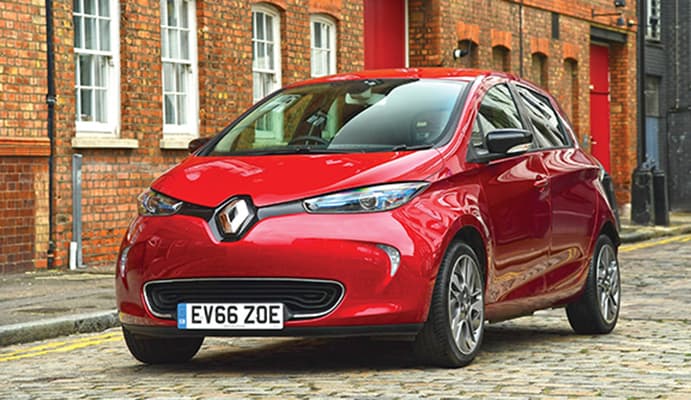
Ecological and social transition minister Nicolas Hulot announced the new measures earlier this week, stating that France planned to entirely carbon-neutral by 2050, and that the country hopes to be “the number one green economy.”
Owners of diesel vehicles more than 20 years old and petrol vehicles made before 2001 will be offered tax incentives to replace them. Hulot, who before entering politics as a member of Macron’s new party was an environmental campaigner, said the ban was motivated by a desire to improve air quality, which was a public health issue.
Other aspects of the policy include an end to oil and gas exploration on French territory by the autumn — Macron opposed fracking in French Guiana during his pesidential election campaign — and phasing out coal-fired power stations, of which only two are currently in operation, by 2021. New laws will encourage households to generate their own electricity, Hulot added.
Bloomberg News reports that shares in Peugeot and Citroen’s parent company, PSA Group, rose 2.4 per cent after Hulot’s announcement, while Renault's rose by 1.9 per cent. PSA plans to launch electric versions of 80 per cent of its models by 2023.




Nanogenerator consumes CO2 to generate electricity
Whoopee, they've solved how to keep a light on but not a lot else.